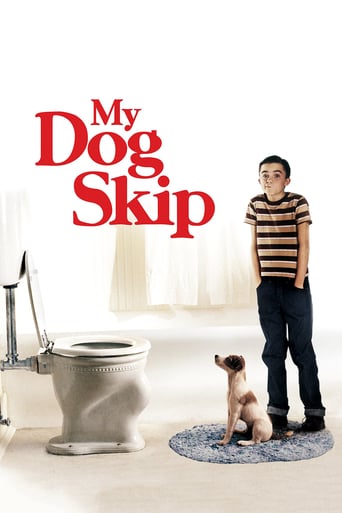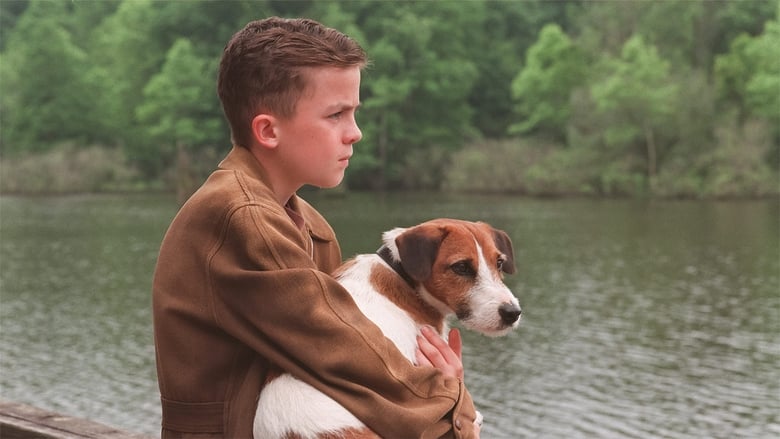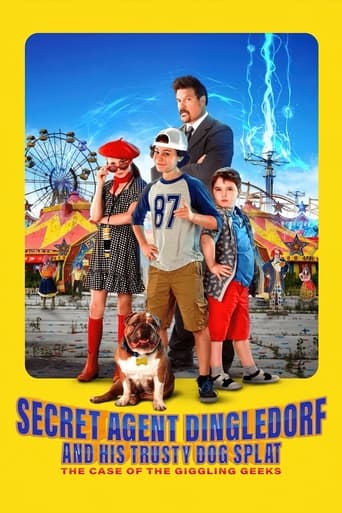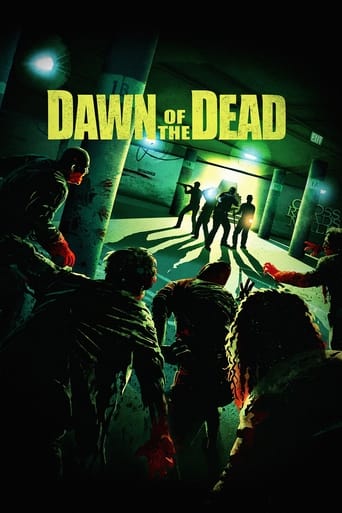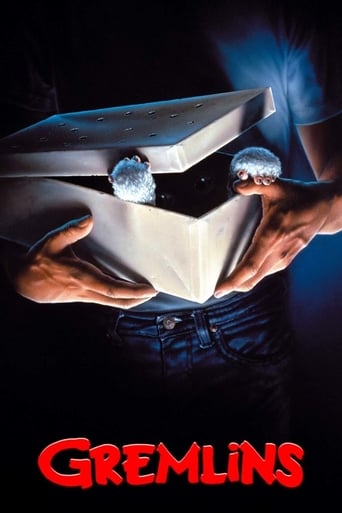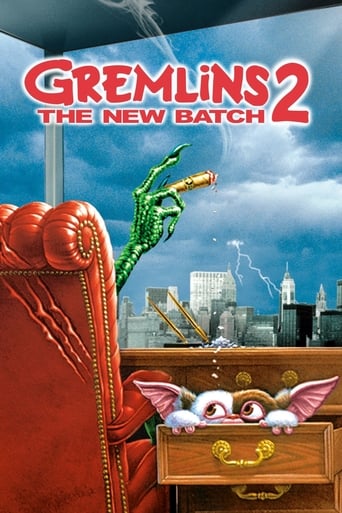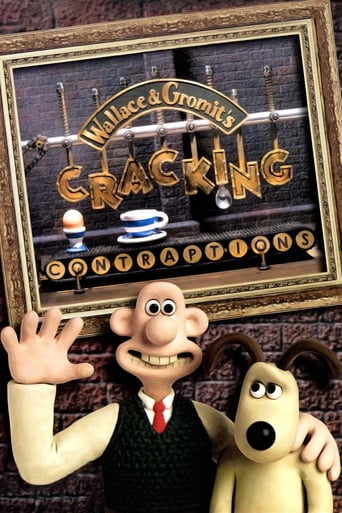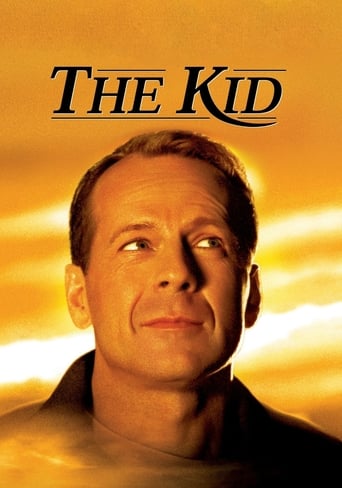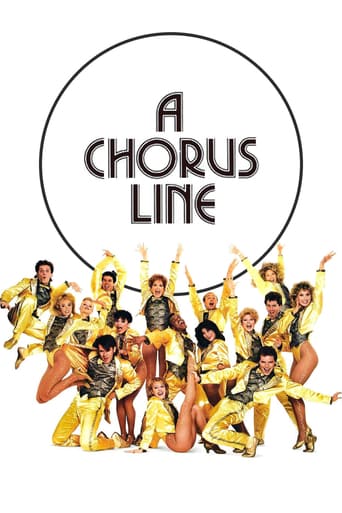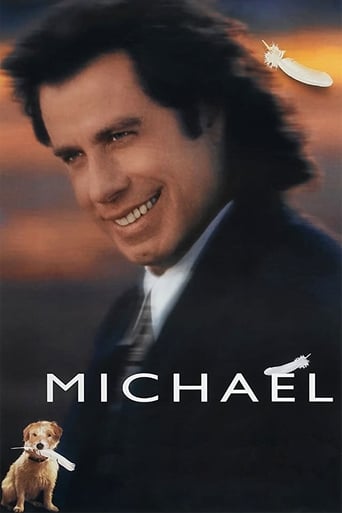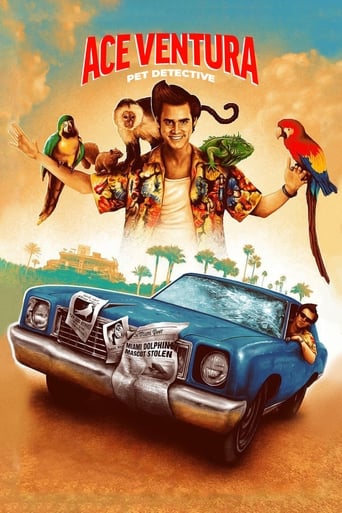My Dog Skip (2000)
A shy boy is unable to make friends in Yazoo City, Mississippi in 1942, until his parents give him a terrier puppy for his ninth birthday. The dog, which he names Skip, becomes well known and loved throughout the community and enriches the life of the boy, Willie, as he grows into manhood. Based on the best-selling Mississippi memoir by the late Willie Morris.
Watch Trailer
Cast


Similar titles
Reviews
I'm taking a creative writing class and we had to watch this film to learn about autobiographical writing. It's a cute story, but Kevin Bacon is the only actor in this film that can act. I've never been a fan of Frankie Muniz, but of all the crap I've seen him in, this is his worst. The acting was so poor, by not just Muniz, but all the children in the film, that it completely pulls you out of it. However, I feel that this is not entirely the fault of the actors, but also the poor director. Parts with large groups of people, say in crowds, seem incredibly staged, and cheering in a crowd takes no acting ability, thus the fault is in the director. If this wasn't enough, the character development is just as bad. By the end of the film, the only character we really know anything about are Willie (Frankie Muniz) and his dad (Kevin Bacon). Even Dink (Luke Wilson) who is an important character to the story and is Willie's hero, we know next to nothing about. This film has such a good story to it, that it's a shame the acting is so bad. I feel this film had a lot of potential in it's good story, but director Jay Russel, actor Frankie Muniz, along with most of the other actors ruined it.
Picturesque Yazoo, Mississippi in the summer of 1942 is where dog-eared Frankie Muniz (as Willie Morris) celebrates his ninth birthday. Pretty mom Diane Lane (as Ellen) has the perfect gift for her lonely son, an only child who is picked on by his peers for favoring books over football. Mother Lane wants Muniz to have a terrier puppy, although stern father Kevin Bacon (as Jack) vetoes the idea. He says Muniz is too young to accept the responsibility, but Mr. Bacon really worries about his son experiencing the painful side effect of unconditional love. Bacon soon succumbs to Lane's instance, and "Skip" stays in the picture..."Skip" (short for "Skipper") teaches Muniz to play football as well as read books. He overcomes shyness to go hand-holding with the prettiest girl in elementary school, Caitlin Wachs (as Rivers Applewhite). After much frolicking, we see some inevitable drama so, if sad movies always make you cry, be prepared to shed a tear here and there maybe even a bucket The sentimental "My Dog Skip" begins to falter when the subplot involving "moonshiners" takes center stage; they clearly built this episode up to steer the drama, but it is excessively contrived and manipulative. Otherwise, this is an excellent, kid-friendly tearjerker.There are two particularly outstanding elements. First, the setting is recreated beautifully. Art and set direction are the film's most obvious strengths - with stellar work from David Bomba, Tracey Doyle and the crew. Notice how well director Jay Russell and photographer James L. Carter keep the setting aligned to the story being based on Willie Morris' youthful memories. Therefore, we get idealized recollections, with racism barely visible and the horror of wartime combat unfolding slowly in both Morris' mind and Bacon's sure-footed performance. Finally, the narration, whether or not verbatim, sounds like Willie Morris' prose.******** My Dog Skip (1/8/00) Jay Russell ~ Frankie Muniz, Kevin Bacon, Diane Lane, Luke Wilson
I just finished LISTENING to this movie at 4 a.m. today, broadcast 10 years after it was made and while I was unable to sleep. Skip, the story about a boy and his dog, was hauntingly narrated by Harry Connick, Jr. Between Connick's emotional reading and the sparse dialogue contained in each scene, a picture was painted that did not require a viewing in order to truly move its audience to actually feel what was happening on that screen.The story takes place during a simpler time (the South in the early 40's) but presents conflicts among family and among neighbors due, in large measure, to the smoldering anger and fear that a raging world war can summon. It also deals with universal truths as to right and wrong, as well as the characters' clear, but simplistic belief systems and the respect folks had about how a family should be raised. This device made the movie both poignant and, perhaps 'unrelate-able' to today's younger audience.Connick brings a lilt to the words he speaks in narrating this film, not unlike his delivery of a song. He deserves much of the credit for the beauty of the film. The cast was excellent, but knew best when to just step aside and let the relationship between a boy (Frankie Munez) and his dog do the talking.Bravo! JRM'
Willie Morris, an American author and Harpers Magazine editor, died in 1999, the same year this film was released. The film was dedicated to him. It seems therefore that he did not live to see it, despite it being based on the book he wrote about his childhood memories with his dog Skip. Morris (1934-1999) came from Jackson, Mississippi, and wrote two books of childhood memoirs, MY DOG SKIP and GOOD OLD BOY: A DELTA BOYHOOD. The 'Delta' referred to is the Mississippi Delta, a region made internationally famous by the classic novel by Eudora Welty, DELTA WEDDING, which is one of the greatest works of fiction ever to come out of the American Deep South. The film itself is transposed to Yazoo, Mississippi, for some reason, and some characters are changed or invented. The main theme of this story is of a lonely boy whose best friend becomes his dog. But it is interwoven with many simultaneous adult and childhood events and tragedies, so that a rich texture of life in the town is evoked and portrayed. It is very true to the pattern of small Southern towns as they used to be, with a boy's dog becoming a well-known member of the community who could be greeted heartily on the street as he trotted along. In this film, perfectly accurately, we see townspeople greeting Skip as he passes them, or saying: 'There goes Willie's dog Skip,' as if they were speaking of a person. There is one hilarious scene where Willie and his mother put Skip at the wheel of their car and the mother drives the car down Main Street while lying out of sight on the seat, so that everyone gasps with astonishment at the sight of seeing a terrier drive a car. Skip keeps his eyes on the road and the wheel and does not look to right nor left. Such things were common occurrences in such towns back in those days, and right up until the 1960s. After that, the small towns all over America were gutted by shopping malls, spreading suburban blight, and above all by the interstate highway system. All the small communities were destroyed overnight, and so stories like this one are now of archaeological interest. I grew up in a small Southern town and my dog, who was my best friend, was known by most of the people in the town and greeted in the street as if she were a person, exactly as shown in this film. Furthermore, my adult friend Sarah V. Thacker used to drive up and down Main Street with her pet pig sitting up on the front seat beside her. All of these things are absolutely what happened back then, but are as inconceivable now as if 1000 years had passed rather than just 50 years. Being a child when there was no meaningful TV, no internet, no cell phones, in an isolated small town full of colourful characters, and where you could wander round at any time of day or night with your dog, where no one ever locked his house or his car and not a single burglary or theft had occurred in more than 100 years, was in many ways delightful. All the nostalgia for such small town life is justified. I say that for the younger people who have never experienced it and cannot possibly imagine it. It was also a time before drugs, and before the mass commercialization of sex. In fact, it was quite literally a time of innocence. There were no murders, no rapes, no muggings, no burglaries, no car thefts, no school shootings, no drug addicts, and no one ever worried about a little child wandering around the town at any hour because nothing could possibly happen to him other than maybe tripping in the dark and hurting his knee. This vanished world, set in the 1940s and hence before my own time, is miraculously recreated in this film. The casting is superb. The little boy Frankie Muniz plays Willie Morris with perfect charm, and is just right. Luke Wilson is excellent as the student sports hero Dink Jenkins who lives next door. (My student sports hero was named Kermit Lance (who alas died young), who treated me with the same gentle and friendly consideration shown here by Dink.) Kevin Bacon is excellent as the tormented father who has lost his leg in battle, and Diane Lane is just as good as his mother. Caitlin Wachs is perfect as 'the prettiest little girl in town' who becomes sweet on Willie. The other kids are excellent. There are some excellent performances by the minor characters who, being black, are relegated to the background of the story because they lived in a different part of town in those days of racial segregation. One is the young actor Nathaniel Lee Jr. Another whose name I don't know played the man who worked in the grocery store and gave slices of 'baloney' to Skip. The black inhabitants of the small Southern towns were important figures in its composition in those days, but were as confined to their social circles in their private lives as many of the immigrant Hispanics and Muslims are today. The segregation was not entirely forced, for there is always a tendency for any minority to prefer a ghettoized social life, as we see today more than ever. At one point in the film we see a film being screened and catch a glimpse of the black children being confined to the balcony while the white children sit in the stalls below. In another scene we see the black people filing up the fire escape stairs at the side of the cinema to enter the balcony. These segregation details are not highlighted in the film at all, but are there for the sake of social accuracy. How well I remember the ridiculous four rest rooms in every bus station!

